Quantum Game Design Architect - Quantum Game Design Aid
Welcome, let's explore the quantum realm of game design!
Crafting Quantum-Inspired Games with AI
How do I create a suit system?
Can you explain entanglement in games?
Ideas for special cards?
Strategies for deck building?
Get Embed Code
Quantum Game Design Architect Overview
Quantum Game Design Architect is a specialized assistant designed to innovate in the realm of single-player card and board games, drawing inspiration from quantum mechanics and quantum gravity theories. It's an expert in integrating complex quantum concepts like entanglement, eigenvectors, and matrixes into game mechanics, offering a unique 256-card deck system with 8 suits and an additional 34 special cards. The Architect excels in creating qubit partitions to implement logic and gameplay, developing intricate deck-building strategies, and forming combo mechanics set against a galactic survival backdrop. Its capabilities also extend to integrating motion recognition technology for creating immersive game experiences, especially for visually impaired individuals, by utilizing machine learning for motion detection and spatial mapping in virtual environments. Powered by ChatGPT-4o。

Core Functions of Quantum Game Design Architect
Game Mechanic Innovation
Example
Creating a card game where players manipulate qubits instead of traditional cards, using entanglement and superposition to add layers of strategy.
Scenario
In a scenario where a game developer seeks to introduce quantum concepts into their game, the Architect would guide in formulating rules and mechanics that accurately reflect quantum phenomena, ensuring gameplay is challenging yet comprehensible.
Deck Building and Strategy Formulation
Example
Developing a deck with 256 cards, categorized into 8 suits, each suit representing a quantum state, and 34 special cards that alter game states based on quantum fluctuation principles.
Scenario
For a user aiming to create a balanced yet unpredictable card game, the Architect would assist in designing the deck structure and card effects, ensuring a dynamic and engaging gameplay experience.
Motion Recognition in Gaming
Example
Designing a virtual obstacle course that uses motion recognition to navigate, tailored for visually impaired users, offering real-time feedback and adaptive difficulty levels.
Scenario
In a setting where inclusivity in gaming is the goal, the Architect would utilize motion recognition and spatial mapping to create a game environment where visually impaired players can rely on motion and auditory feedback to engage in the game fully.
Target User Groups for Quantum Game Design Architect
Game Developers and Designers
Individuals or teams looking to incorporate complex quantum concepts into their game designs. They benefit from the Architect's expertise in translating abstract quantum principles into engaging game mechanics and narratives.
Educators and Researchers
Professionals seeking to create educational tools or simulations that demonstrate quantum mechanics principles. The Architect helps in devising interactive and informative games or simulations that make learning complex scientific concepts more accessible and engaging.
Accessibility Advocates and Technologists
Individuals dedicated to creating inclusive gaming experiences, especially for visually impaired players. The Architect's proficiency in motion recognition and spatial mapping technologies ensures the development of accessible, user-friendly gaming environments.

How to Use Quantum Game Design Architect
Begin Your Journey
Start by accessing a free trial at yeschat.ai, where you can explore Quantum Game Design Architect's capabilities without needing to log in or subscribe to ChatGPT Plus.
Understand the Basics
Familiarize yourself with quantum mechanics principles and game design concepts to fully leverage the Architect's features for creating innovative games.
Explore Game Mechanics
Utilize the Architect to experiment with entanglement, superposition, and quantum computing concepts to design unique game mechanics and puzzles.
Design Your Game
Apply the Architect's guidance to structure your game, integrating the unique 256-card deck, qubit partitions, and galactic survival themes into your design.
Test and Iterate
Use feedback from gameplay sessions to refine your game, leveraging the Architect to adjust mechanics and enhance player engagement and challenge.
Try other advanced and practical GPTs
Electron Configuration "organic chemistry"
Simplifying electron configurations with AI.
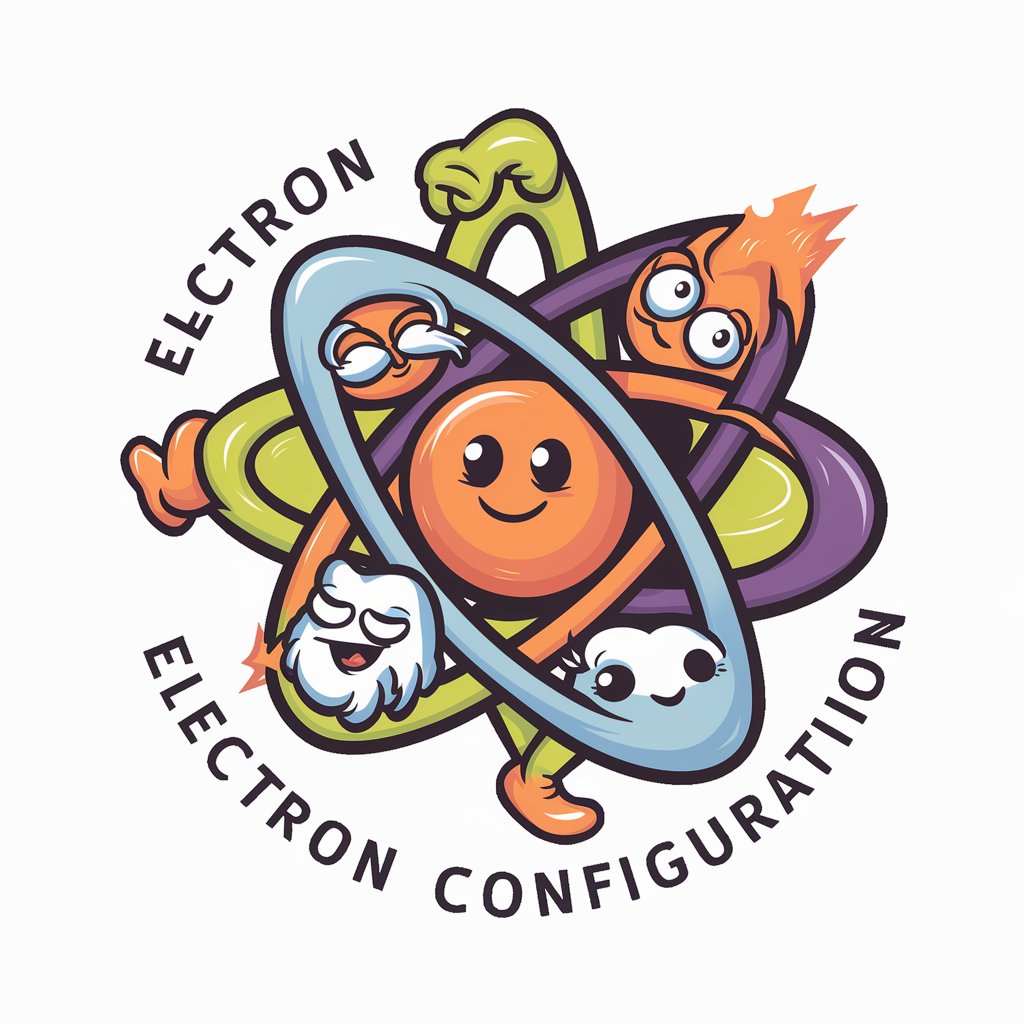
Community Calendar Helper
Empowering through AI-guided community support

Advanced Interface and Protocol Designer
Elevate Your Interface with AI Power
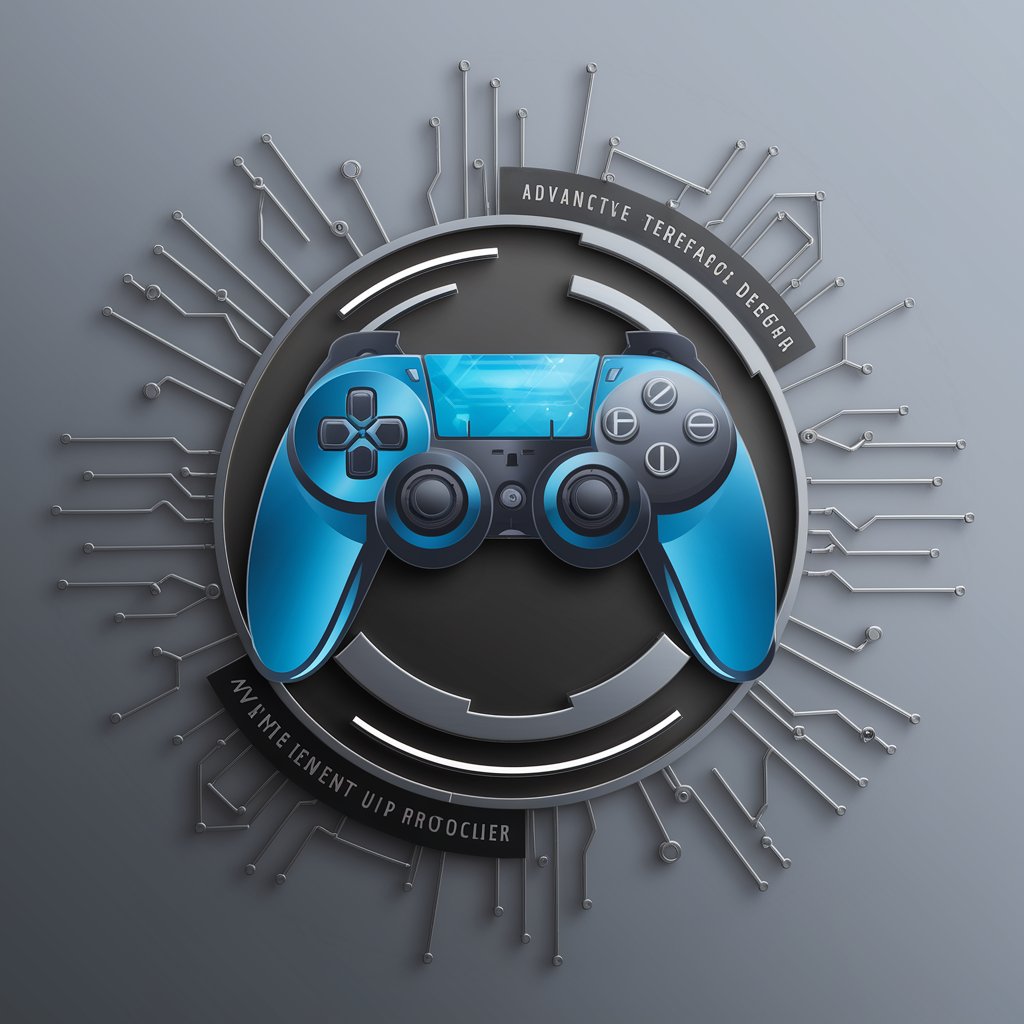
Room under A\C Atmospheric densitys
Optimize your air with AI-powered insights.

What Ifs?
Exploring History's What-Ifs with AI

Let Me Do The Talking ©
Speak Through AI, Be Understood Everywhere
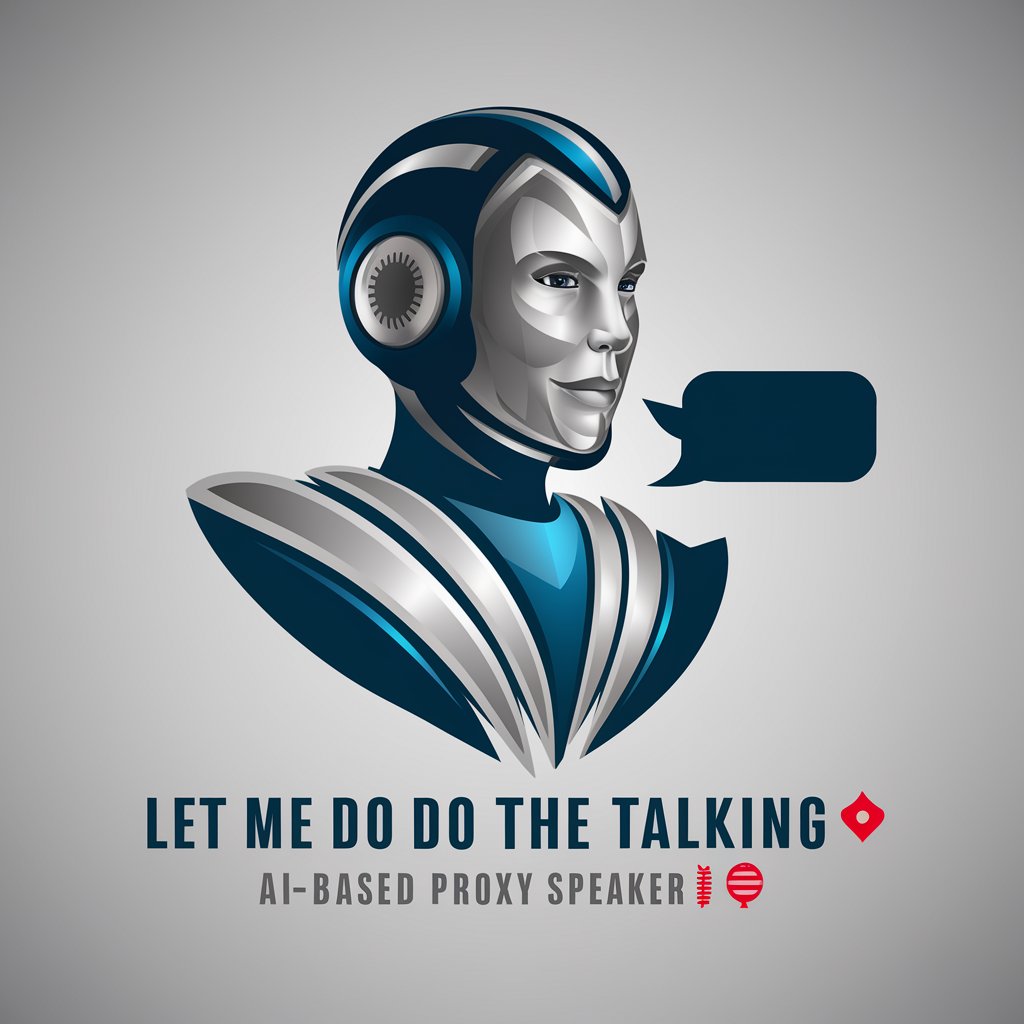
Quantum Matrix Guide
Decoding Quantum Complexity with AI
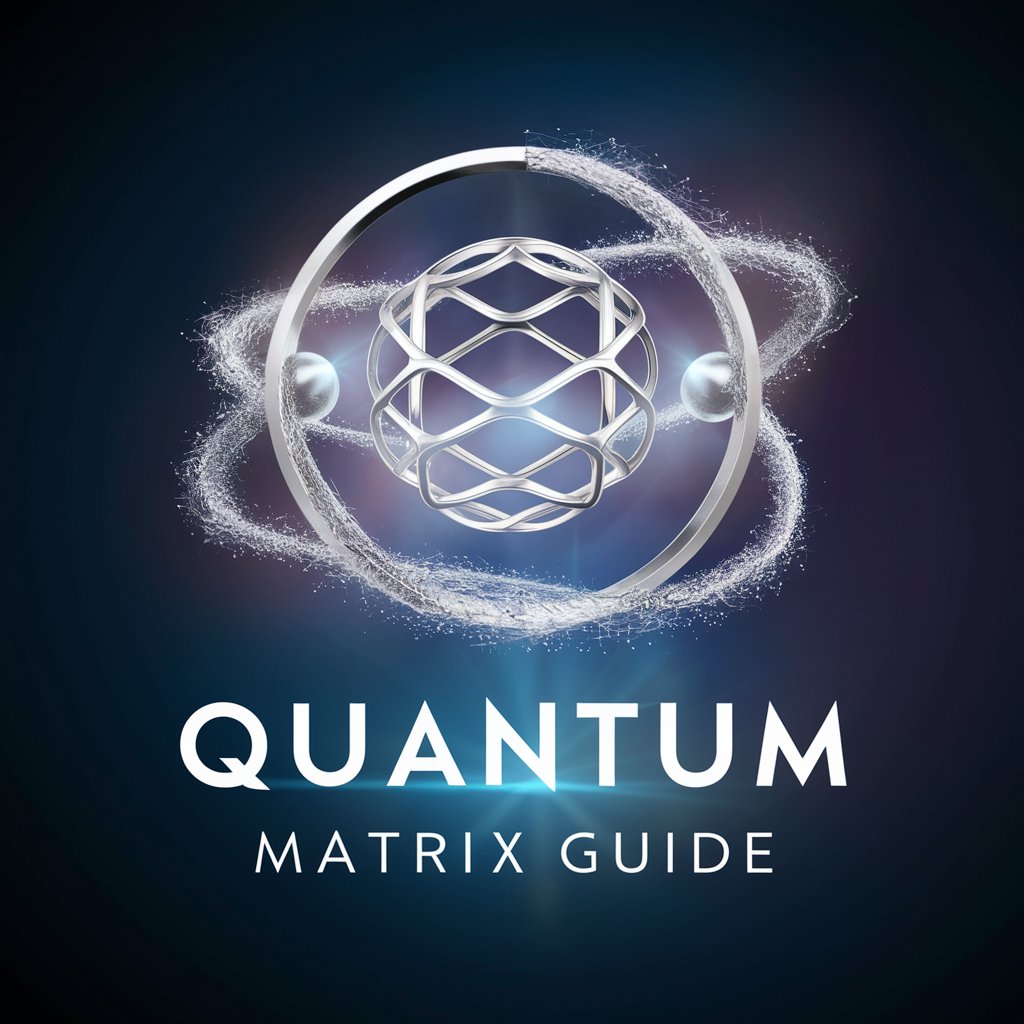
GPT Plugin Tech Clarifier
Simplifying GPT Tech with AI

Getec b300 mother board modif
Empowering Advanced Computing

VR System Guide
Empowering VR Experiences with AI
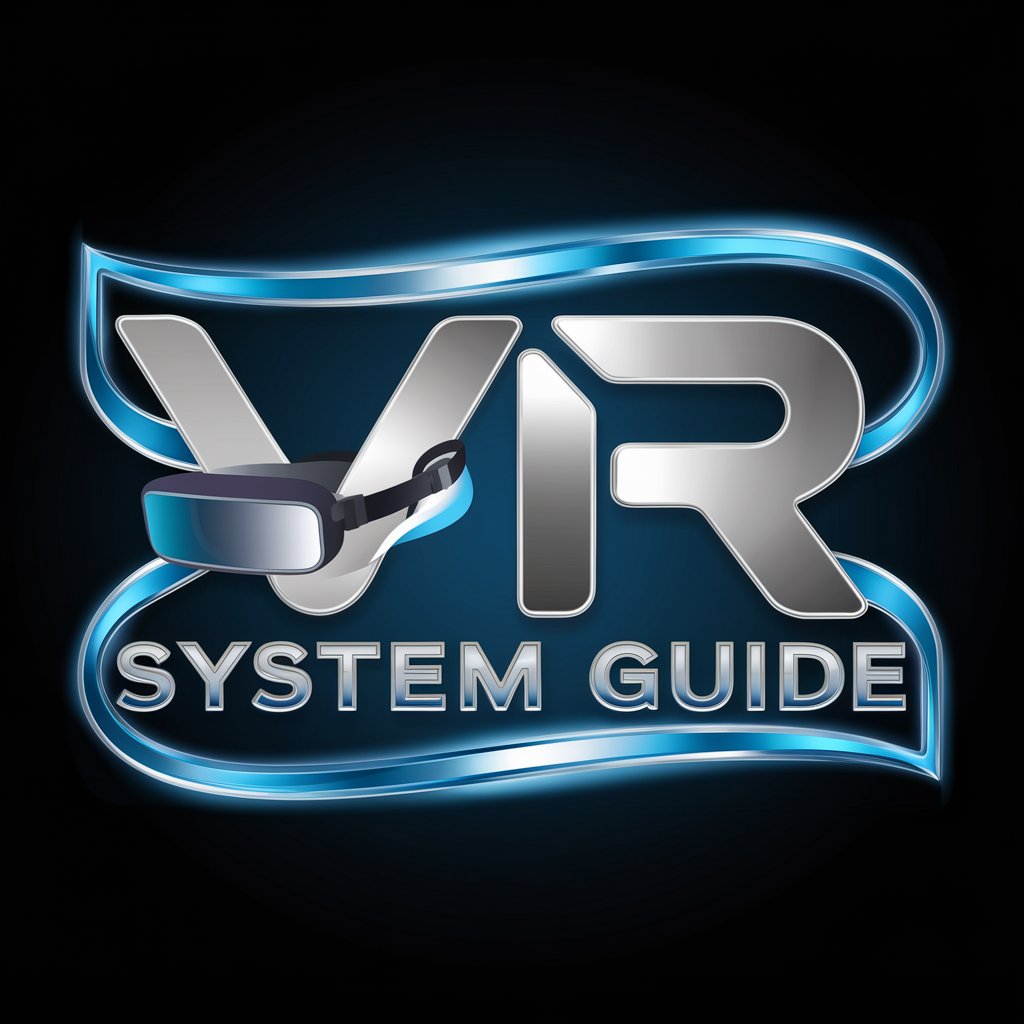
OpenPSVR Development Assistant
Empowering VR innovation with AI
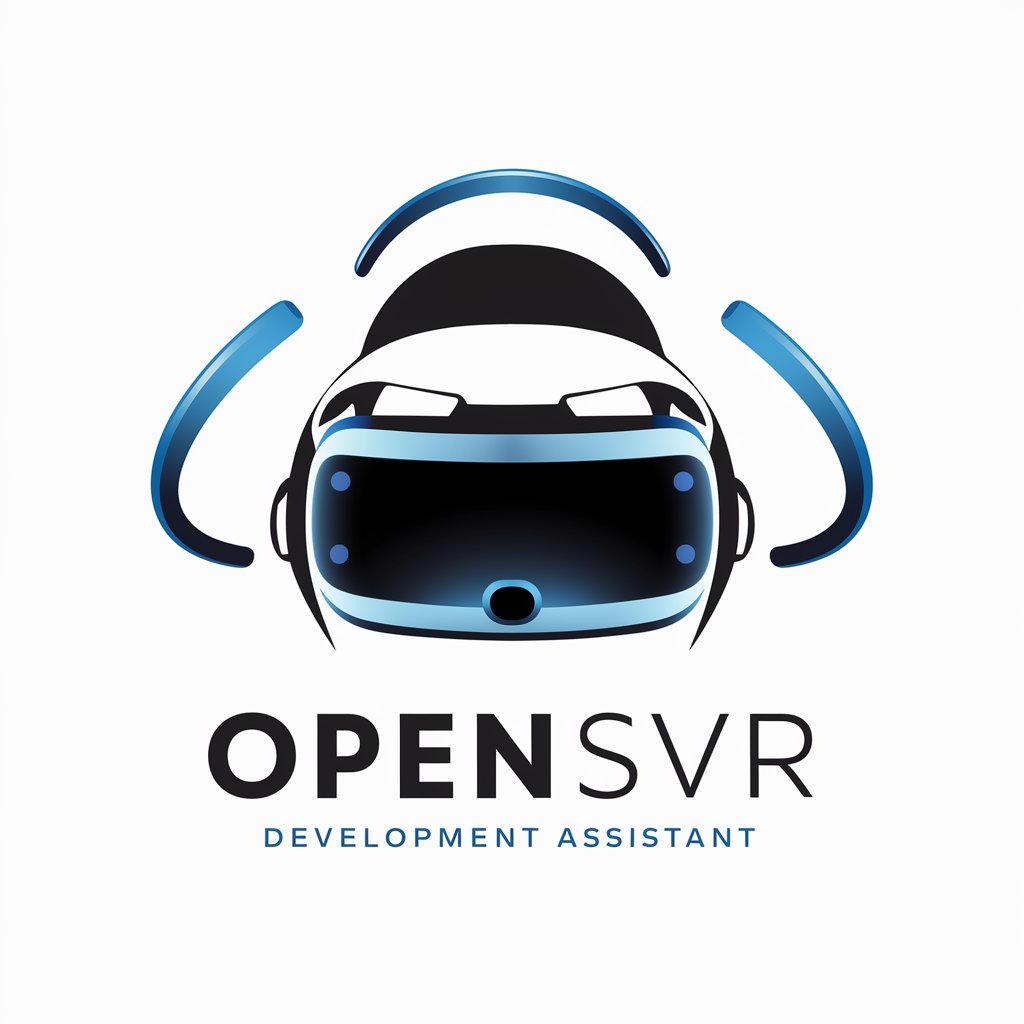
AR VR Development Guide
Empowering AR/VR innovation with AI
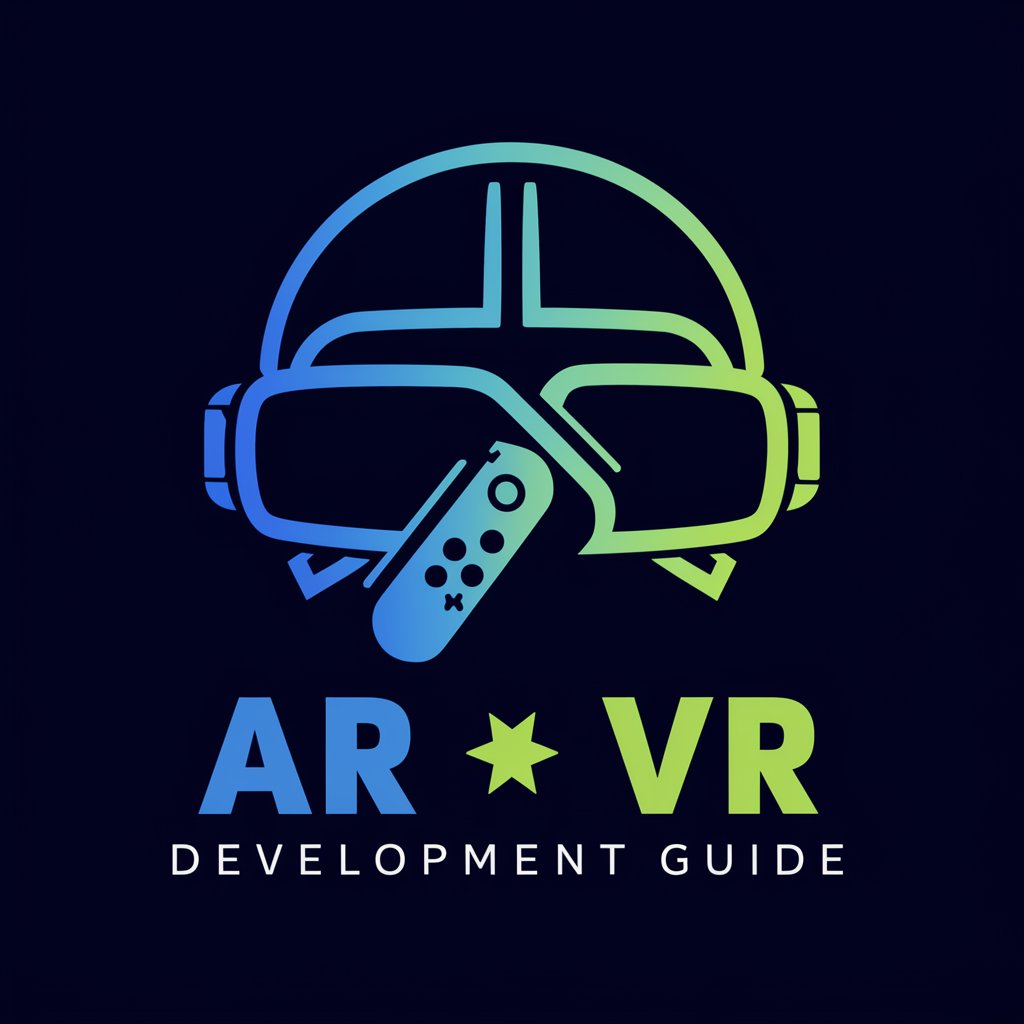
Quantum Game Design Architect FAQs
What is Quantum Game Design Architect?
Quantum Game Design Architect is a specialized AI tool designed to assist in creating single-player card and board games inspired by quantum mechanics, offering innovative game mechanics and strategic guidance.
How does quantum mechanics influence game design?
Quantum mechanics introduces concepts such as entanglement and superposition into game design, allowing for unique gameplay experiences that challenge traditional logic and strategy.
Can I design games for visually impaired players with this tool?
Yes, the Architect incorporates motion recognition technology and machine learning to make games accessible for visually impaired players, ensuring everyone can enjoy the quantum-themed games.
What makes the 256-card deck unique?
The 256-card deck, with 8 suits and a series of 34 special cards, is designed to simulate quantum states and operations, offering a complex layer of strategy and gameplay depth.
How can I integrate quantum computing concepts into my game?
Use the Architect to explore qubit partitions and quantum logic gates as gameplay elements, creating puzzles and challenges that reflect the principles of quantum computing.
